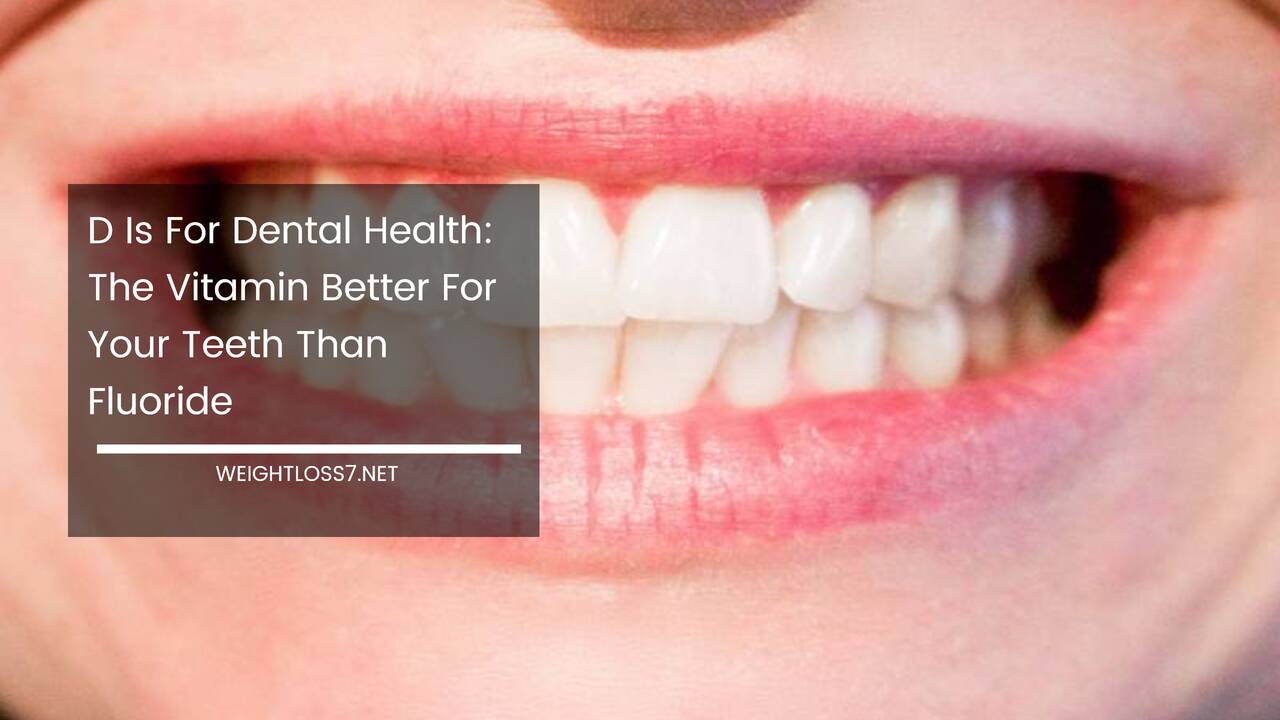Vitamin E: Functions, Benefits, Sources, Deficiencies, and Supplementation

Vitamin E
Vitamin E, often referred to as the “E vitamin,” is a fat-soluble nutrient that plays a multifaceted role in maintaining overall health and well-being.
It is essential for various bodily functions and has been linked to several health benefits, particularly concerning heart health and antioxidant protection.
This comprehensive guide explores the significance of vitamin E, its various functions, dietary sources, recommended daily intake, potential deficiencies, and the role of supplementation.
1: The Importance of Vitamin E
1.1 Heart Health
One of the most well-known benefits of vitamin E is its role in supporting heart health. Numerous studies have demonstrated that vitamin E can help prevent heart disease.
It achieves this by inhibiting the oxidation of low-density lipoprotein (LDL) cholesterol, which is a crucial step in the development of atherosclerosis, a condition where arteries become clogged with fatty deposits.
By reducing LDL oxidation, vitamin E contributes to maintaining healthy arteries and reducing the risk of heart disease.
1.2 Antioxidant Protection
Vitamin E also acts as a potent antioxidant in the body. Antioxidants are substances that neutralize harmful free radicals, unstable molecules that can damage cells and contribute to various chronic diseases, including cancer.
Vitamin E’s fat-soluble nature allows it to integrate into cell membranes, where it helps protect cells from oxidative damage caused by free radicals.
This antioxidant defense is vital for maintaining the structural integrity and proper function of cells throughout the body.
1.3 Immune System Support
The immune system plays a critical role in defending the body against infections and diseases. Vitamin E is essential for the proper functioning of the immune system.
It helps maintain the integrity of immune cell membranes and facilitates communication between immune cells, ensuring a coordinated and effective immune response.
A deficiency in vitamin E can weaken the immune system, making the body more susceptible to infections.
2: Dietary Sources of Vitamin E
2.1 Natural Food Sources
While vitamin E is crucial for health, it is not produced by the body, and it must be obtained through dietary sources. Several foods are rich in vitamin E, including:
- Vegetable Oils: Vegetable oils such as sunflower, safflower, and wheat germ oil are among the most abundant sources of vitamin E.
- Seeds and Nuts: Sunflower seeds, almonds, hazelnuts, and pine nuts are excellent sources of vitamin E.
- Wheat Germ: Wheat germ, often found in whole-grain products, is a nutrient-dense source of vitamin E.
- Green Leafy Vegetables: Spinach, Swiss chard, and kale contain moderate amounts of vitamin E.
- Fruits: Some fruits like avocados and kiwi also provide vitamin E, although in smaller quantities.
2.2 Recommended Daily Intake
The recommended daily intake of vitamin E varies based on age, sex, and specific dietary needs.
Generally, the Recommended Dietary Allowance (RDA) for vitamin E is expressed in milligrams of alpha-tocopherol equivalents (mg α-TE).
For adult men and women, the RDA is approximately 15 mg α-TE per day. However, individual requirements may vary, and factors such as pregnancy, lactation, and medical conditions may necessitate higher intakes.
2.3 Dietary Fat and Vitamin E Absorption
Vitamin E is fat-soluble, which means it requires dietary fat for optimal absorption in the digestive tract. In the absence of dietary fat, the body’s ability to absorb vitamin E is compromised.
Thus, it is crucial to consume some dietary fat when including vitamin E-rich foods in your diet to ensure proper absorption and utilization of this essential nutrient.
3: Vitamin E Deficiency and Its Effects
3.1 Gradual Onset of Deficiency
Unlike some nutrient deficiencies, a lack of vitamin E does not produce immediate symptoms. In fact, it can take months or even years for the effects of insufficient vitamin E intake to become noticeable.
This slow progression makes it essential to maintain a consistent intake of vitamin E-rich foods or supplements to prevent deficiencies from developing.
3.2 Neurological Complications
Prolonged vitamin E deficiency can lead to various health issues, with neurological complications being one of the most significant concerns.
The nervous system relies on the integrity of cell membranes, and vitamin E plays a crucial role in maintaining these membranes.
A deficiency in vitamin E can result in damage to nerve cells, potentially leading to symptoms such as muscle weakness, impaired coordination, and sensory disturbances.
3.3 Eye Health
The retina, a layer of tissue at the back of the eye responsible for vision, is particularly vulnerable to the effects of vitamin E deficiency.
Over time, insufficient vitamin E intake can lead to retinal damage, potentially causing vision problems and, in severe cases, even blindness.
However, it’s essential to note that such extreme consequences are relatively rare and typically occur only after extended periods of severe deficiency.
4: Medical Conditions and Vitamin E Deficiency
4.1 Cystic Fibrosis
Individuals with cystic fibrosis face a unique challenge when it comes to vitamin E absorption. Cystic fibrosis is a genetic disorder that affects the respiratory, digestive, and reproductive systems.
One of its consequences is reduced absorption of dietary fats, including vitamin E. This impaired fat absorption can lead to decreased levels of vitamin E in the body, making supplementation necessary for those with the condition.
4.2 Crohn’s Disease
Crohn’s disease is another medical condition that can interfere with the absorption of vitamin E. This chronic inflammatory bowel disease primarily affects the digestive tract, leading to reduced nutrient absorption.
Consequently, individuals with Crohn’s disease may struggle to obtain adequate amounts of vitamin E from their diets and may require supplements to meet their nutritional needs.
4.3 Liver Disorders
Certain liver disorders can also impair the body’s ability to absorb vitamin E, particularly through the intestine. The liver plays a crucial role in fat metabolism, and liver diseases can disrupt this process.
As a result, individuals with specific liver conditions may experience reduced absorption of dietary fats, including vitamin E, necessitating supplementation.
5: Supplementation and Vitamin E
5.1 Who Should Consider Vitamin E Supplements?
While most people can obtain sufficient vitamin E from a balanced diet that includes vitamin E-rich foods, there are situations in which supplementation may be recommended:
- Deficiency: Individuals with diagnosed vitamin E deficiency should take vitamin E supplements under medical supervision to correct the deficiency and prevent associated health issues.
- Medical Conditions: Those with conditions such as cystic fibrosis, Crohn’s disease, or liver disorders that hinder vitamin E absorption may require supplements to maintain adequate levels.
- Low-Fat Diets: Individuals following extremely low-fat diets, either for weight management or medical reasons, should discuss their options for increasing their vitamin E intake with a healthcare provider.
5.2 Types of Vitamin E Supplements
Vitamin E supplements are available in various forms, with the most common being alpha-tocopherol supplements.
These supplements can be found in both natural and synthetic forms, with each form offering specific benefits.
- Natural Vitamin E: Derived from natural food sources, natural vitamin E supplements often contain a mix of tocopherols and tocotrienols, providing a broader spectrum of vitamin E compounds.
- Synthetic Vitamin E: Synthetic vitamin E, often labeled as “dl-alpha-tocopherol,” contains only one form of vitamin E (alpha-tocopherol) and is less biologically active than natural vitamin E.
5.3 Proper Dosage and Caution
When considering vitamin E supplementation, it is crucial to follow recommended dosages and consult with a healthcare provider, as excessive vitamin E intake can have adverse effects.
High doses of vitamin E can lead to bleeding disorders, interfere with the absorption of other fat-soluble vitamins, and, in some cases, contribute to negative health outcomes.
5.4 Interactions with Medications
Vitamin E supplements can interact with certain medications, including blood thinners and cholesterol-lowering drugs.
It is essential for individuals taking these medications to inform their healthcare provider about their vitamin E supplementation to prevent potential adverse interactions.
6: Final Thoughts
Vitamin E is a versatile and essential nutrient that plays a vital role in maintaining heart health, providing antioxidant protection, and supporting the immune system.
While a balanced diet rich in vitamin E-containing foods is generally sufficient for most individuals, certain medical conditions and dietary choices may necessitate vitamin E supplementation.
Understanding the importance of vitamin E, its dietary sources, and the potential consequences of deficiency is key to ensuring optimal health and well-being.
If you have specific health concerns or conditions that may impact your vitamin E intake, consult with a healthcare professional to determine the best approach for meeting your nutritional needs.

















